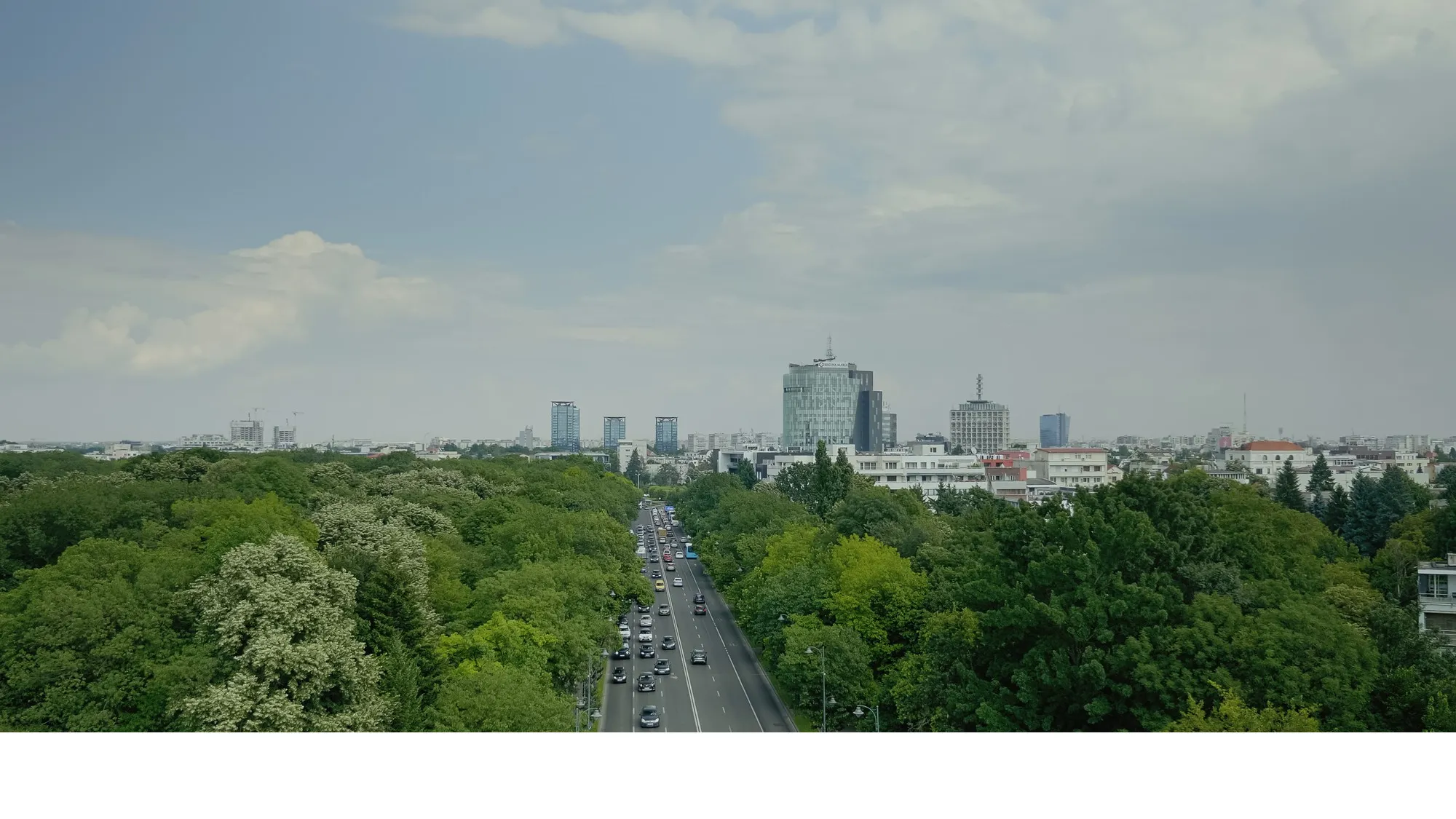Urban nature-based solutions are innovative approaches that leverage natural ecosystems to address urban challenges. Some examples include:
Examples of Urban Nature-based Solutions
- Green Roofs: Vegetated rooftops that provide insulation, reduce stormwater runoff, and create habitats for wildlife.
- Urban Forests: Planting trees in urban areas to mitigate the urban heat island effect, improve air quality, and enhance biodiversity.
- Rain Gardens: Shallow depressions that collect and filter rainwater, reducing stormwater runoff and improving water quality.
Benefits of Urban Nature-based Solutions
- Environmental Benefits:
- Improved air quality
- Reduced urban heat island effect
- Enhanced biodiversity
- Improved water quality
2. Social Benefits:
- Increased recreational spaces
- Improved mental health and well-being
- Enhanced community engagement
3. Economic Benefits:
- Reduced energy consumption
- Increased property values
- Job creation in green infrastructure maintenance and management
Implementing Urban Nature-based Solutions
- Urban Planning: Incorporate green infrastructure into urban planning to maximize benefits.
- Community Engagement: Engage local communities in the design and maintenance of urban nature-based solutions.
- Policy Support: Develop policies and regulations that support the implementation of urban nature-based solutions.
By incorporating urban nature-based solutions, cities can become more sustainable, resilient, and livable.
Stay Connected:
Thank you for joining us on this sustainability journey. Stay connected with us for more insights, best practices, and regulatory updates.
Please contact us at on admin@esgnetworkzimbabwe.co.zw, or simply call us on 0774768895/ +263882900740.
Follow us on social media to stay updated on the latest ESG news, events, and resources





